This "change of direction" not only reflects the attraction of a stable environment, but also poses a big problem for the private education system in retaining and developing staff.
The allure of stability
Ms. Nguyen Thi Cam Dan - Principal of Tay Thanh 2 Kindergarten (Binh Tri Dong Ward, Ho Chi Minh City), said that private preschool education is facing many difficulties such as costs of renting premises, salaries, and benefits for teachers and staff, while recruiting students and teachers are both difficult.
“It is difficult to retain students, but it is even more difficult to retain teachers. Many teachers choose public schools because of their stable income, special policies, and increased income according to Resolution 08/2023/NQ-HDND dated September 19, 2023, which stipulates the spending of additional income according to Resolution 98/2023/QH15 dated June 24, 2023 of the National Assembly on piloting a number of special mechanisms and policies for the development of Ho Chi Minh City,” said Ms. Cam Dan.
Similarly, Mr. HLS - Vice Principal of a private inter-level school in Ho Chi Minh City, shared: The shift of teachers from private to public schools takes place mainly in large cities, where many public and private schools coexist. The construction of more public schools, the increased demand for teachers, along with the seniority-based salary policy and the city's resolution on income support make many teachers feel secure in switching to public schools.
From the perspective of management at a public school, Mr. Dinh Van Trinh - Principal of Nguyen Hien Secondary School (Tan Thuan Ward, Ho Chi Minh City), commented: The fact that many private school teachers are switching to public schools reflects the core issues in the current educational environment. According to him, private schools can pay high salaries, have modern facilities and advanced educational models, but in the long run, "stability - welfare - reduced pressure" are still the 3 factors that make teachers choose public schools.
Mr. Trinh said that public school teachers are state employees, have long-term jobs, and do not have to worry about cuts or restructuring like in private schools. On the contrary, in private schools, short-term labor contracts make teachers vulnerable to precarious situations when enrollment changes or the school encounters financial difficulties.
In addition, public schools do not focus on profit, teachers can focus on their expertise, do not have to worry about revenue or promoting the school's image. In private schools, in addition to teaching, they often have to do many other things such as organizing events, communications, recruiting, etc., which increases the pressure. Although the basic salary in public schools is lower, the overall benefits are better. Public school teachers enjoy full insurance, retirement, maternity, sick leave and many other benefits. This is a factor that ensures life and long-term peace of mind.
In addition, the implementation of the 2018 General Education Program helps public schools receive more funding and increase opportunities for professional development for teachers - something that private schools depend on the financial capacity of the investor. "The trend of shifting from private to public schools shows that the core value of the teaching profession still lies in stability and peace of mind at work. Although private income may be higher, benefits and opportunities for sustainable development are the deciding factors," Mr. Trinh affirmed.
In fact, when stability, welfare regimes and sustainable working environments become top priorities, many teachers choose to leave the private school sector. This wave not only reflects personal needs, but also poses a big problem for human resource development strategies in non-public education.
For example, in recent years, in each recruitment round for civil servants, Ho Chi Minh City has recorded many teachers from private schools transferring to public schools. Especially after the Covid-19 pandemic, this trend has become stronger.
Not only shifting from private to public, in recent years, within the same non-public sector, preschool teachers and staff have often "jumped jobs" from one school/class to another in search of jobs with suitable income and working environment. This is one of the issues that the Department of Education and Training of Ho Chi Minh City recognized and reported in the summary of the 2024-2025 school year.
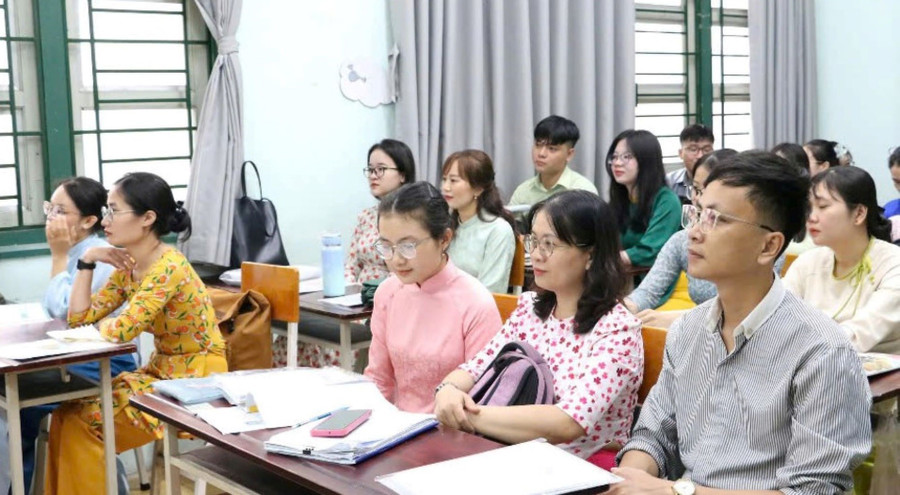
Challenges and opportunities for the private school system
According to Dr. Nguyen Thi Thu Huyen, a teacher training expert in the international bilingual system in Ho Chi Minh City, the rate of teachers switching from private to public schools depends on the model, but is usually not more than 20%. Bilingual and international schools are less affected thanks to good salary policies, many vacations, open, empowering and transparent working culture. "Personnel changes are a challenge but also an opportunity for private schools to perfect their systems and build long-term human resource strategies," Ms. Huyen said.
According to Dr. Huyen, in the context of teacher shortage, investment in internal training becomes mandatory to ensure quality as committed to parents. A regular monitoring and evaluation system will help maintain teaching quality even when there are personnel changes.
In addition to salary policies, many private schools also focus on building a culture of respect and support for teachers: no public criticism, creating conditions for rest, supporting tuition for teachers' children, and only terminating cooperation when both ability and attitude do not meet requirements. "If there is a clear career path, teachers can easily develop into management positions - something that often takes more time in public schools," said Ms. Huyen.
From another perspective, Mr. HLS commented: Teachers in private schools are paid based on teaching hours and evaluations from parents and students, while public schools pay fixed salaries, less dependent on performance. Although the environments are different, both public and private schools are under pressure for quality.
It is important that teachers are in the right profession, have opportunities to develop their careers and feel happy with their work. Many teachers remain “loyal” to private schools because they love their jobs, have been with them for a long time and have real ability. However, a number of teachers are still “standing between two streams”: teaching in private schools but registering for public schools, and if they pass, they transfer. To avoid instability, many private schools require teachers to clearly define their orientation, avoiding the situation of “half staying, half going”.
“At my school, teachers’ salaries and bonuses are competitively designed to retain good teachers. In addition, the school also balances financial support during the summer even when teachers are on leave, and fully implements insurance and welfare policies. In fact, personnel changes are natural, but it is important to proactively plan replacements and training,” Mr. S. shared.
“Private kindergarten teachers in Ho Chi Minh City are very concerned. Because they are all teachers, caring for and educating children, public teachers enjoy income increase policies, while private teachers do not. If they are supported to some extent, they will certainly feel more secure in their profession,” said Ms. Nguyen Thi Cam Dan.
Source: https://giaoducthoidai.vn/giao-vien-truong-tu-re-huong-sang-truong-cong-thach-thuc-giu-chan-nguoi-thay-post753544.html






![[Photo] Prime Minister Pham Minh Chinh chairs meeting on railway projects](https://vphoto.vietnam.vn/thumb/1200x675/vietnam/resource/IMAGE/2025/10/23/1761206277171_dsc-9703-jpg.webp)

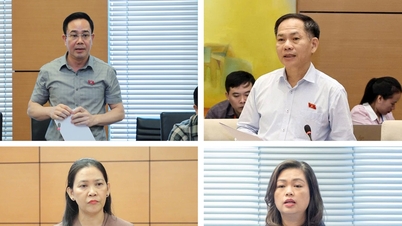

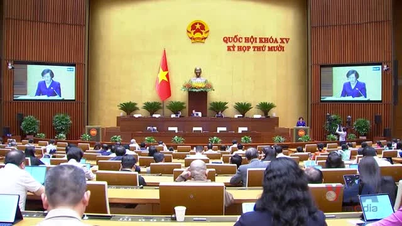

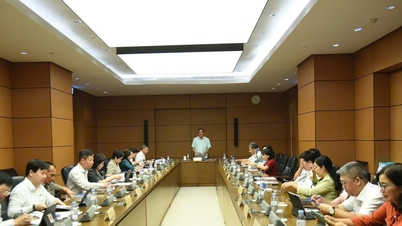
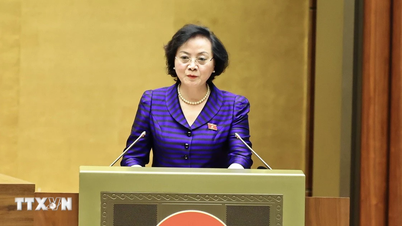
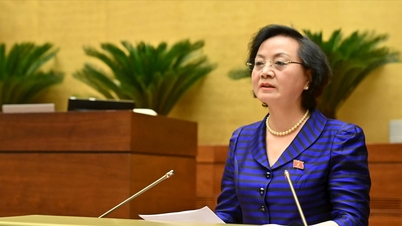
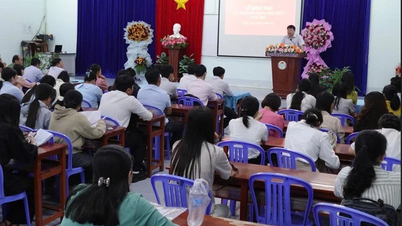
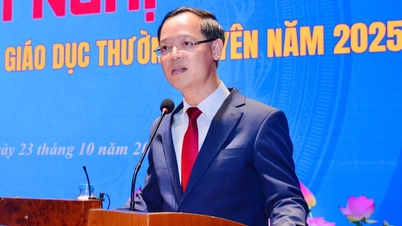

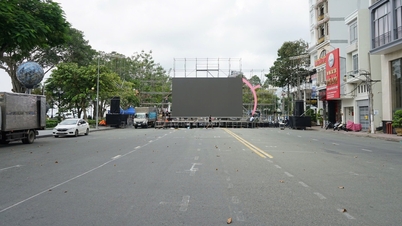



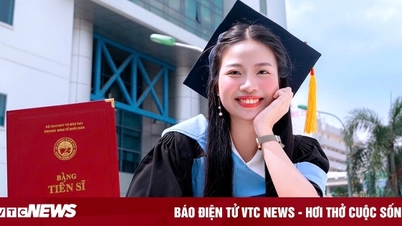





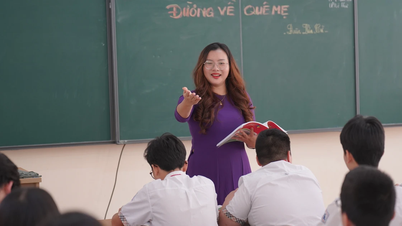
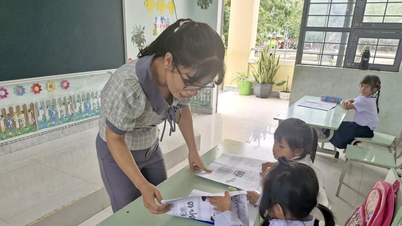
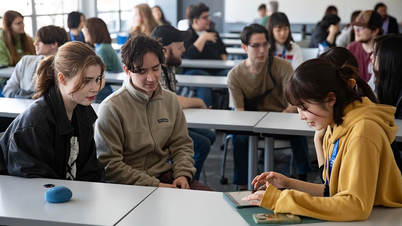
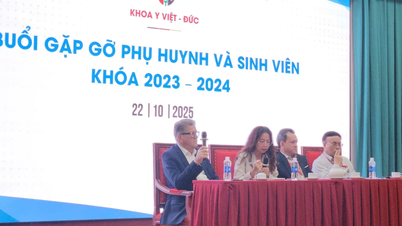
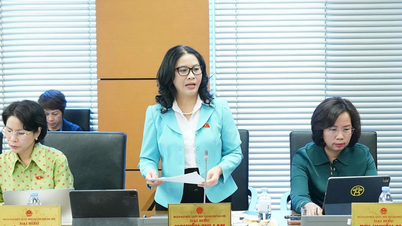
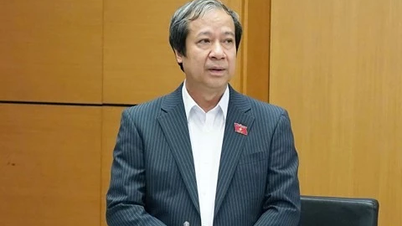



















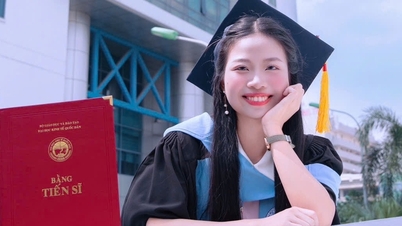
















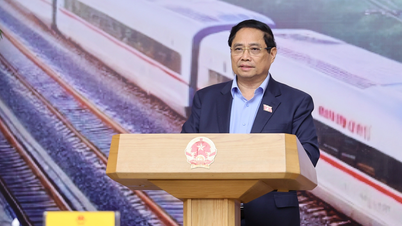









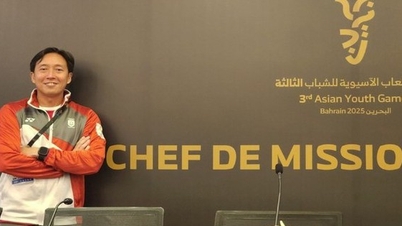

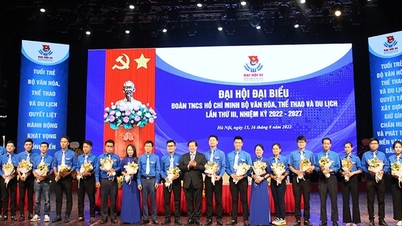
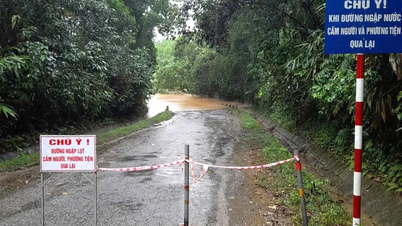



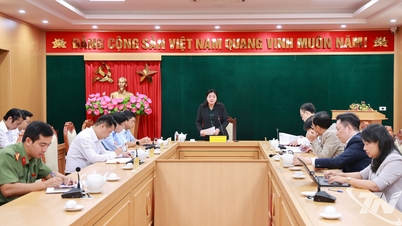
















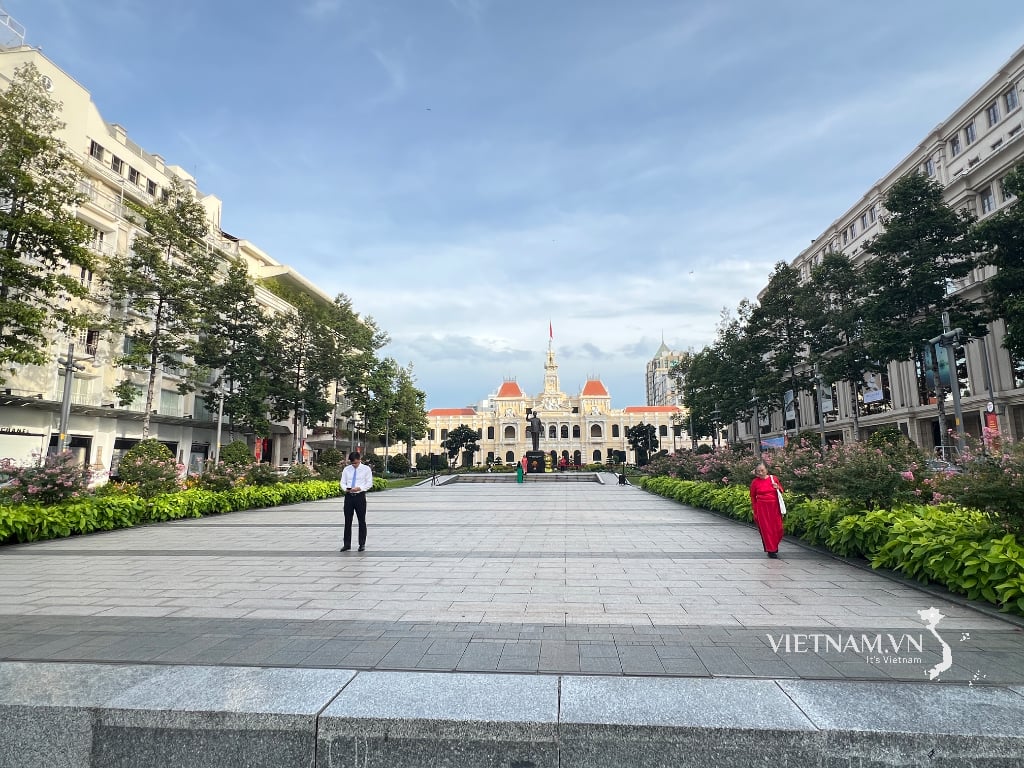



Comment (0)